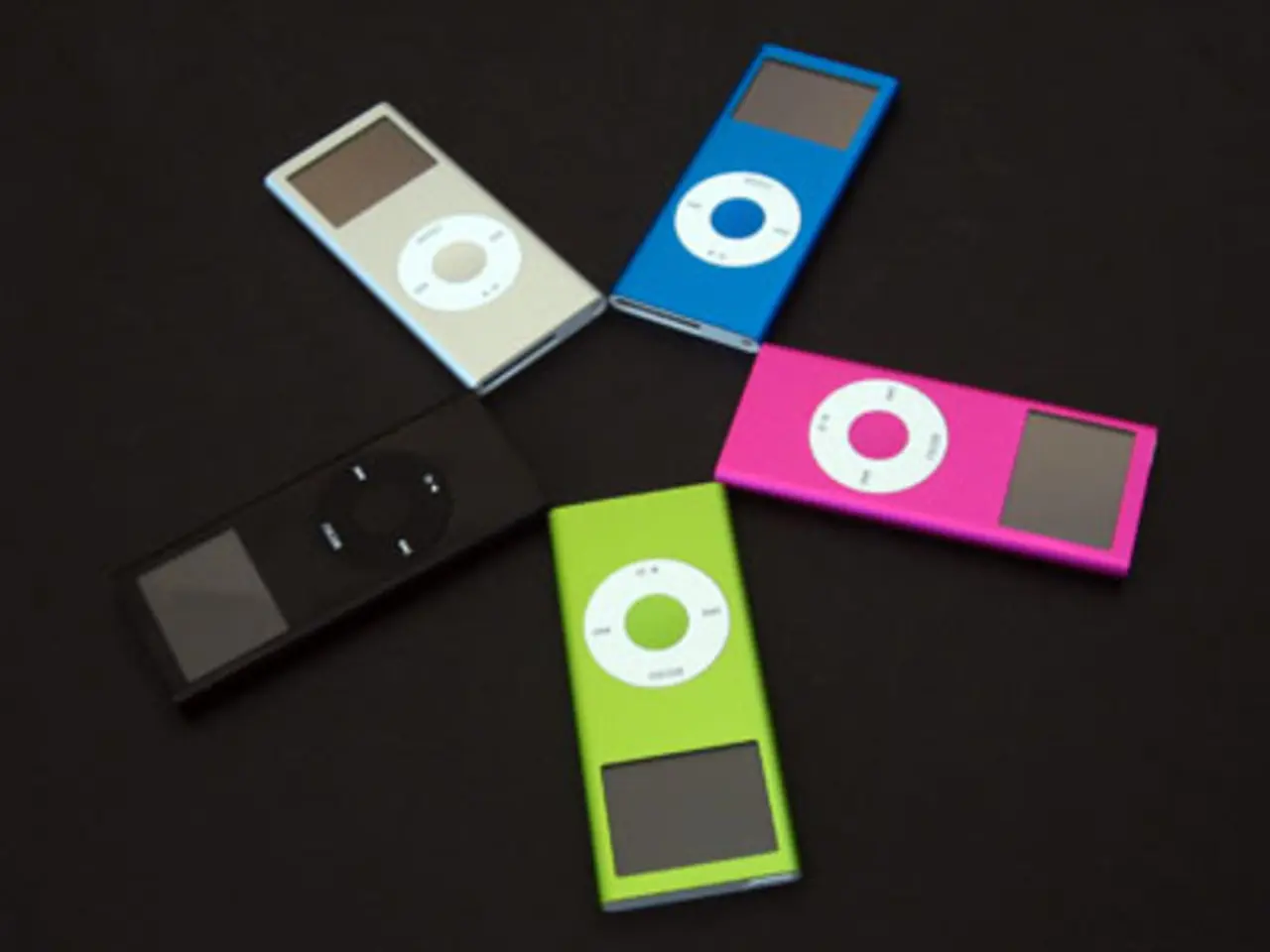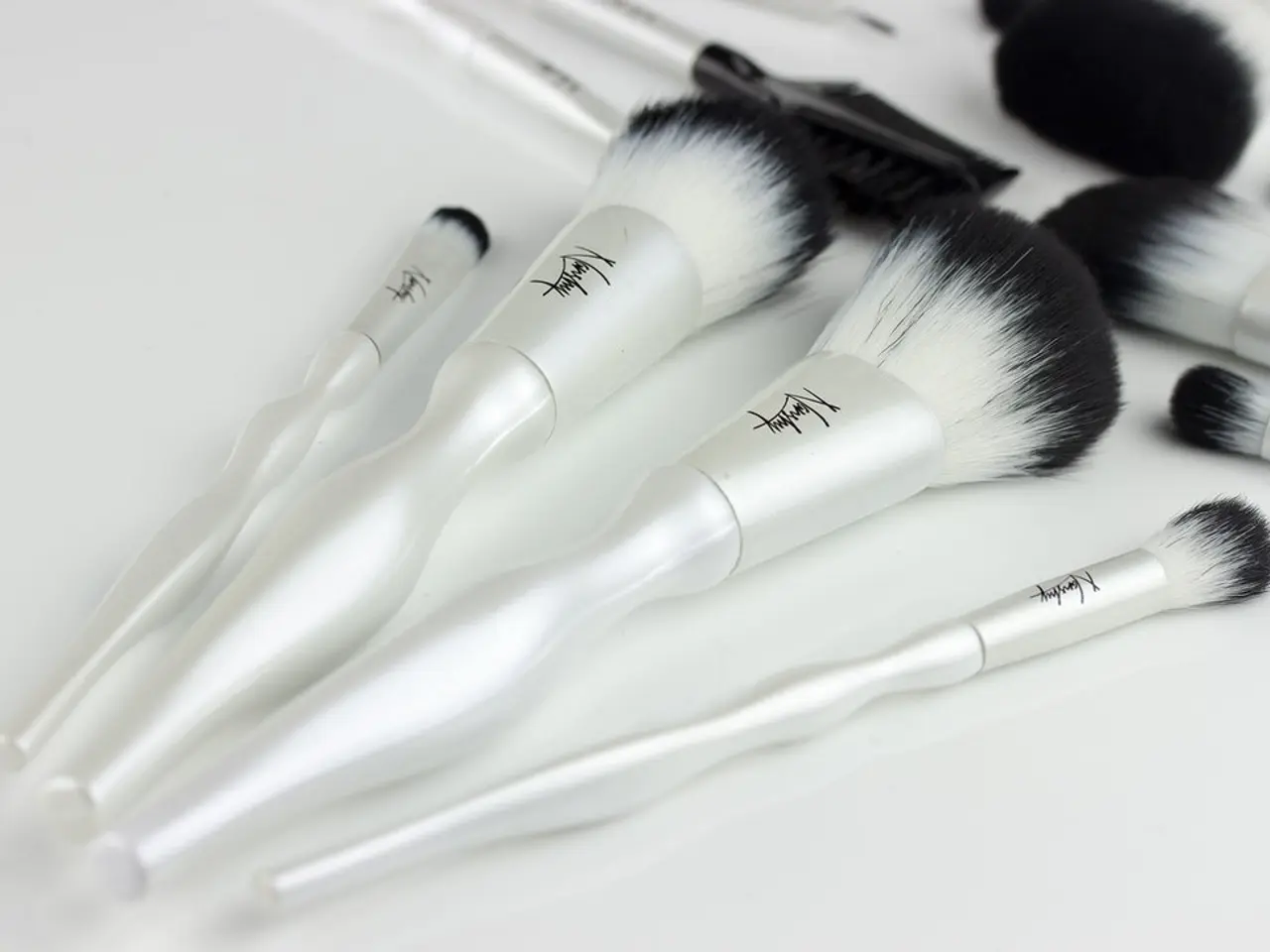In Auditory Absence: Are AirPods Pro Capable of Blocking Sound Like Earplugs?
In the realm of noise reduction technology, two popular choices have emerged for those seeking a quieter environment: the AirPods Pro and traditional earplugs. Both offer distinct advantages and drawbacks, catering to various needs and preferences.
The AirPods Pro 2nd Generation, with its advanced Active Noise Cancellation (ANC) technology, has proven to be a formidable competitor in the noise reduction market. According to lab tests, the AirPods Pro can reduce ambient noise by approximately 83%. This is achieved through the ANC system, which employs both outward- and inward-facing microphones, along with adaptive software algorithms that continuously monitor and adapt noise cancellation in real-time.
On the other hand, traditional earplugs provide passive noise isolation. High-quality foam earplugs can reduce noise levels by approximately 20-30 decibels, equating to blocking out about 80-90% of noise, depending on frequency and fit. However, earplugs do not actively cancel noise but merely block it.
When comparing the two, it's essential to consider aspects such as adaptivity, comfort, and additional features. The AirPods Pro offer dynamic adaptation to environmental sounds, allowing selective hearing through transparency modes. Earplugs, on the other hand, are straightforward and effective but lack adaptability and additional audio features.
Comfort and user preference vary. Some users find earplugs more isolating but less convenient, while others appreciate the AirPods Pro's multifunctionality and adaptive features. The AirPods Pro come with custom silicone tips, but their fit can affect ANC effectiveness. Earplugs, usually made of foam or silicone, are also fit-critical, and can be uncomfortable after long use.
In conclusion, the AirPods Pro are very effective at blocking out sound, with performance comparable to traditional earplugs in terms of noise reduction level. However, they offer additional adaptive and audio features that traditional earplugs do not. For optimal noise blocking without the need for electronics or charging, traditional earplugs are still reliable. For convenience, active adaptation, and audio playback features, AirPods Pro are superior.
It's important to note that when the noise level exceeds 85 decibels, earplugs are still the better choice for protecting hearing. AirPods Pro are designed to be comfortable for extended periods, but discomfort may still occur after long use. AirPods Pro are excellent at reducing constant, low-frequency noises like engine rumble or airplane cabin noise, but may struggle with high-frequency noises like screeching or screaming. Earplugs are often the better choice for sleeping as they can block out more noise and provide a more peaceful sleeping environment.
In certain scenarios, earplugs are more effective at blocking out noise compared to AirPods Pro. Earplugs are a must-have for music festivals or concerts to protect hearing from high-decibel sounds. In laboratory tests, Apple claims that AirPods Pro can reduce ambient noise by up to 24 dB.
Noise reduction is a complex process involving multiple factors, including the type of noise, the material used to block it, and the frequency of the sound waves. Earplugs are a classic example of passive noise reduction, working by physically blocking the ear canal to prevent sound waves from entering the ear. AirPods Pro, on the other hand, are a type of wireless earbud that features active noise cancellation, using a combination of microphones and advanced algorithms to detect and counter ambient noise.
- In the realm of health-and-wellness and noise reduction technology, the AirPods Pro 2nd Generation, with its advanced Active Noise Cancellation (ANC) technology, competes with traditional earplugs, providing a formidable option for those seeking quieter environments.
- While traditional earplugs offer passive noise isolation, reducing noise levels by approximately 20-30 decibels, the AirPods Pro can reduce ambient noise by approximately 83%, making it comparable in terms of noise reduction level.
- Both gadgets cater to different preferences, with AirPods Pro offering additional adaptive and audio features, such as dynamic adaptation to environmental sounds and transparency modes, compared to traditional earplugs which lack adaptability and additional audio features.
- For medical-conditions related to hearing and when the noise level exceeds 85 decibels, traditional earplugs are still the better choice for protecting hearing, while the AirPods Pro are superior in terms of convenience, active adaptation, and audio playback features.




